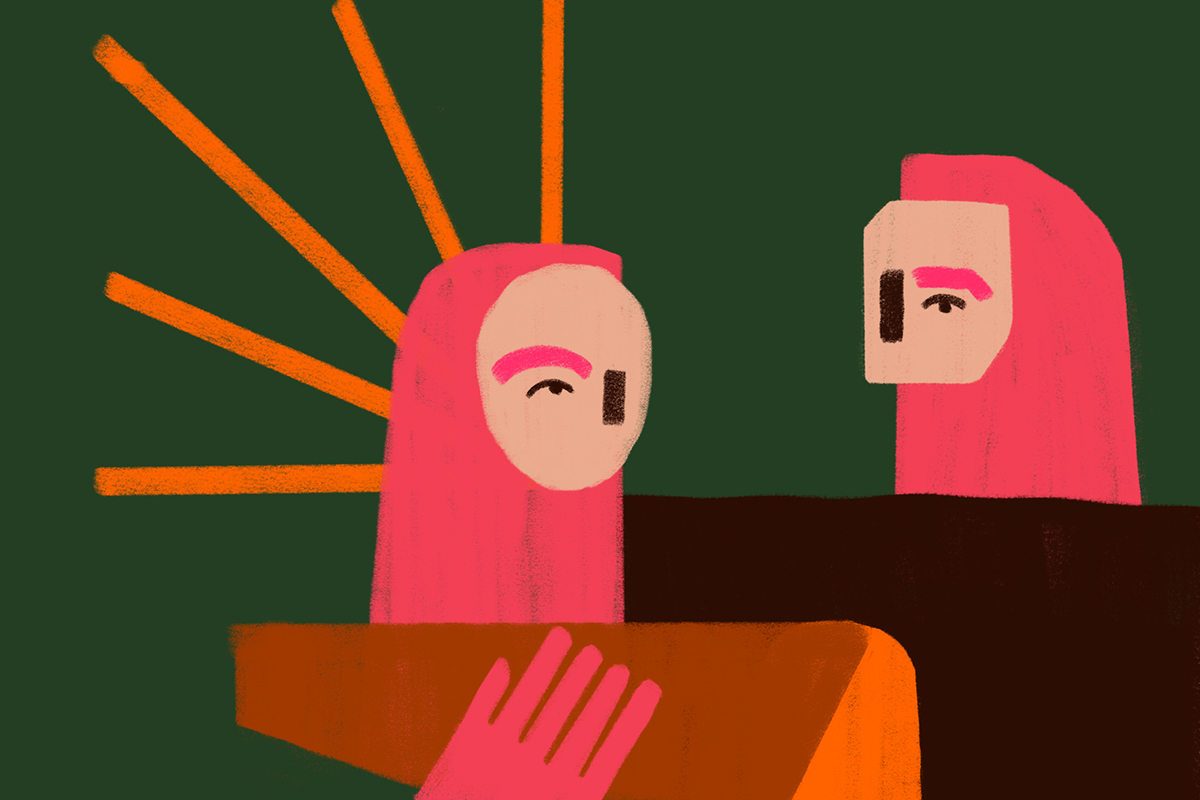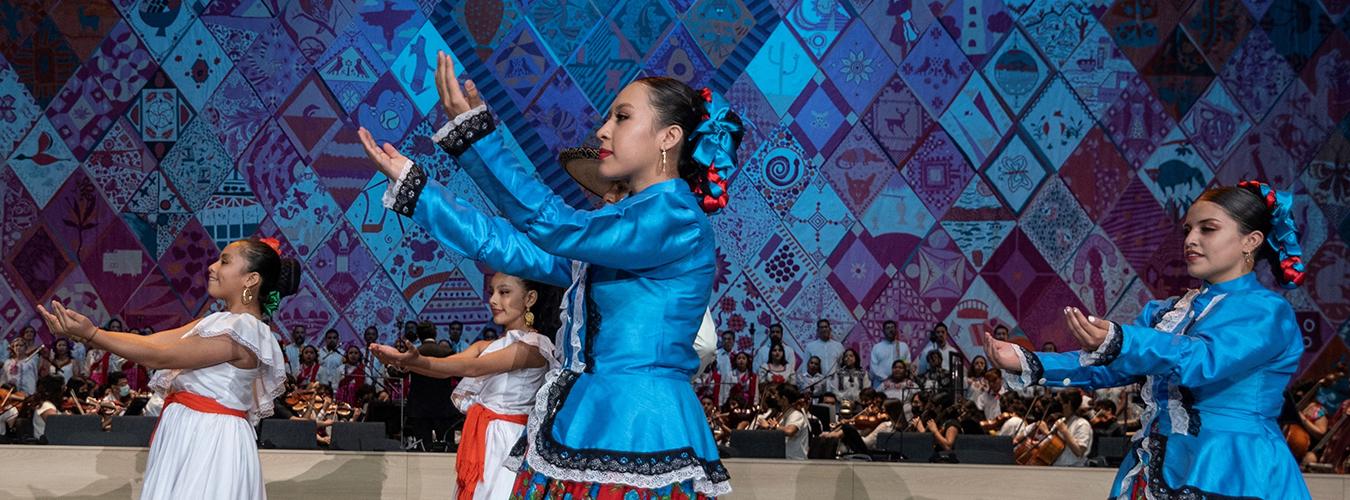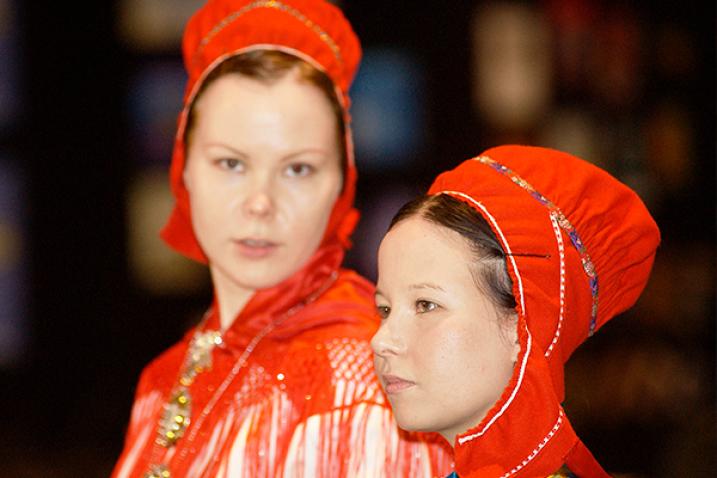Protecting the diversity of cultural expressions is more important than ever
Held every year on 21 May, UNESCO leads the celebration of World Day for Cultural Diversity for Dialogue and Development highlighting not only the richness of the world’s cultures, but also the essential role of intercultural dialogue for achieving peace and sustainable development.
With 89% of all current conflicts in the world occurring in countries with low intercultural dialogue, to forge effective cooperation and sustain peace, strengthening intercultural dialogue must be a priority.
According to UNESCO data, the cultural and creative sector is one of the most powerful engines of development worldwide. It accounts for more than 48 million jobs globally –almost half of which are held by women – representing 6.2% of all existing employment and 3.1% of global GDP. It is also the sector that employs and provides opportunities for the largest number of young people under the age of 30.
However, the cultural and creative sector still does not have the place it deserves in public policies and international cooperation.
Declaration for culture
In a bid to change this, in September 2022, delegations from 150 States gathered in Mexico for MONDIACULT 2022, the largest world conference devoted to culture in the last 40 years.
They unanimously adopted the historic Declaration for Culture affirming culture as a “global public good” and calling for it to be integrated “as a specific goal in its own right” in the development agenda beyond 2030.
The text defines a set of cultural rights that need to be taken into account in public policies. These range from the social and economic rights of artists to artistic freedom, the right of indigenous communities to safeguard their ancestral knowledge, and the protection and promotion of cultural and natural heritage.
It also calls for substantial regulation of the digital sector, notably of the major platforms, for the benefit of online cultural diversity, artists’ intellectual property rights and fair access to content for all.
Culture and Sustainable Development
With the adoption in September 2015 of the 2030 Agenda for Sustainable Development by the United Nations, and the resolution on Culture and Sustainable Development adopted by the UN General Assembly in December 2015 , the message of the World Day for Cultural Diversity for Dialogue and Development is more important than ever. The 17 Sustainable Development Goals (SDGs) can best be achieved by drawing upon the creative potential of the world’s diverse cultures and engaging in continuous dialogue to ensure that all members of society benefit from sustainable development.
The UNESCO Culture|2030 Indicators is a framework of thematic indicators whose purpose is to measure and monitor the progress of culture’s enabling contribution to the implementation of the SDGs.
Why does cultural diversity matter?
Three-quarters of the world’s major conflicts have a cultural dimension. Bridging the gap between cultures is urgent and necessary for peace, stability and development.
Cultural diversity is a driving force of development, not only with respect to economic growth, but also as a means of leading a more fulfilling intellectual, emotional, moral and spiritual life. This is captured in the culture conventions, which provide a solid basis for the promotion of cultural diversity. Cultural diversity is thus an asset that is indispensable for poverty reduction and the achievement of sustainable development.
At the same time, acceptance and recognition of cultural diversity – in particular through innovative use of media and Information and Communications Technologies (ICTs) – are conducive to dialogue among civilizations and cultures, respect and mutual understanding.
Origin and purpose
In 2001, UNESCO adopted the Universal Declaration on Cultural Diversity. Next, in December 2002, the UN General Assembly, in its resolution 57/249, declared May 21 to be the World Day for Cultural Diversity for Dialogue and Development, and in 2015, the Second Committee of the UN General Assembly unanimously adopted the resolution on Culture and Sustainable Development A/C.2/70/L.59, affirming culture’s contribution to the three dimensions of sustainable development, acknowledging further the natural and cultural diversity of the world, and recognizing that cultures and civilizations can contribute to, and are crucial enablers of, sustainable development.
The day provides us with an opportunity to deepen our understanding of the values of cultural diversity and to advance the four goals of the UNESCO Convention on the Protection and Promotion of the Diversity of Cultural Expressions adopted on 20 October 2005:
- Support sustainable systems of governance for culture
- Achieve a balanced flow of cultural goods and services and increase mobility of artists and cultural professionals
- Integrate culture in sustainable development frameworks
- Promote human rights and fundamental freedoms
The ninth session of the Conference of Parties to the Convention on the Protection and Promotion of the Diversity of Cultural Expressions will be held at UNESCO Headquarters in Paris from 6 to 8 June 2023 to examine the state of the implementation of the Convention worldwide and the major challenges facing the cultural and creative sectors in the post COVID-19 pandemic context.
Since 2010, the International Fund for Cultural Diversity (IFCD) has funded more than 140 cultural and creative projects in over 69 developing countries. Watch the video to hear directly from project leaders across the globe involved in the protection and promotion of cultural diversity.

Development assistance devoted to culture and recreation is on the decline and although the flow of cultural goods and services globally continues to rise, there has been very little progress in addressing the vast disparity between developed and developing countries. Very strong inequalities also persist in the cultural and creative sectors, like those faced by many women.



